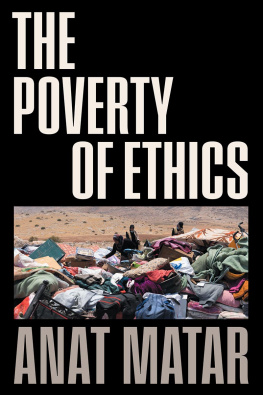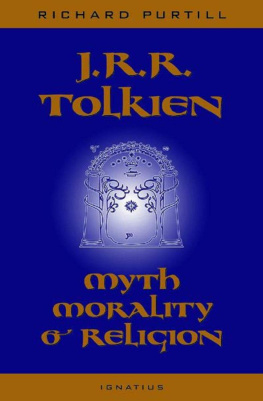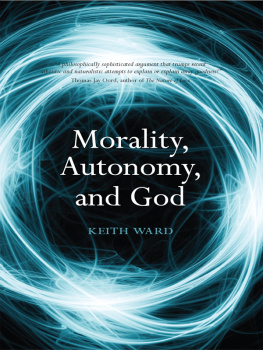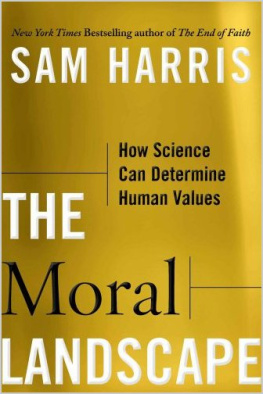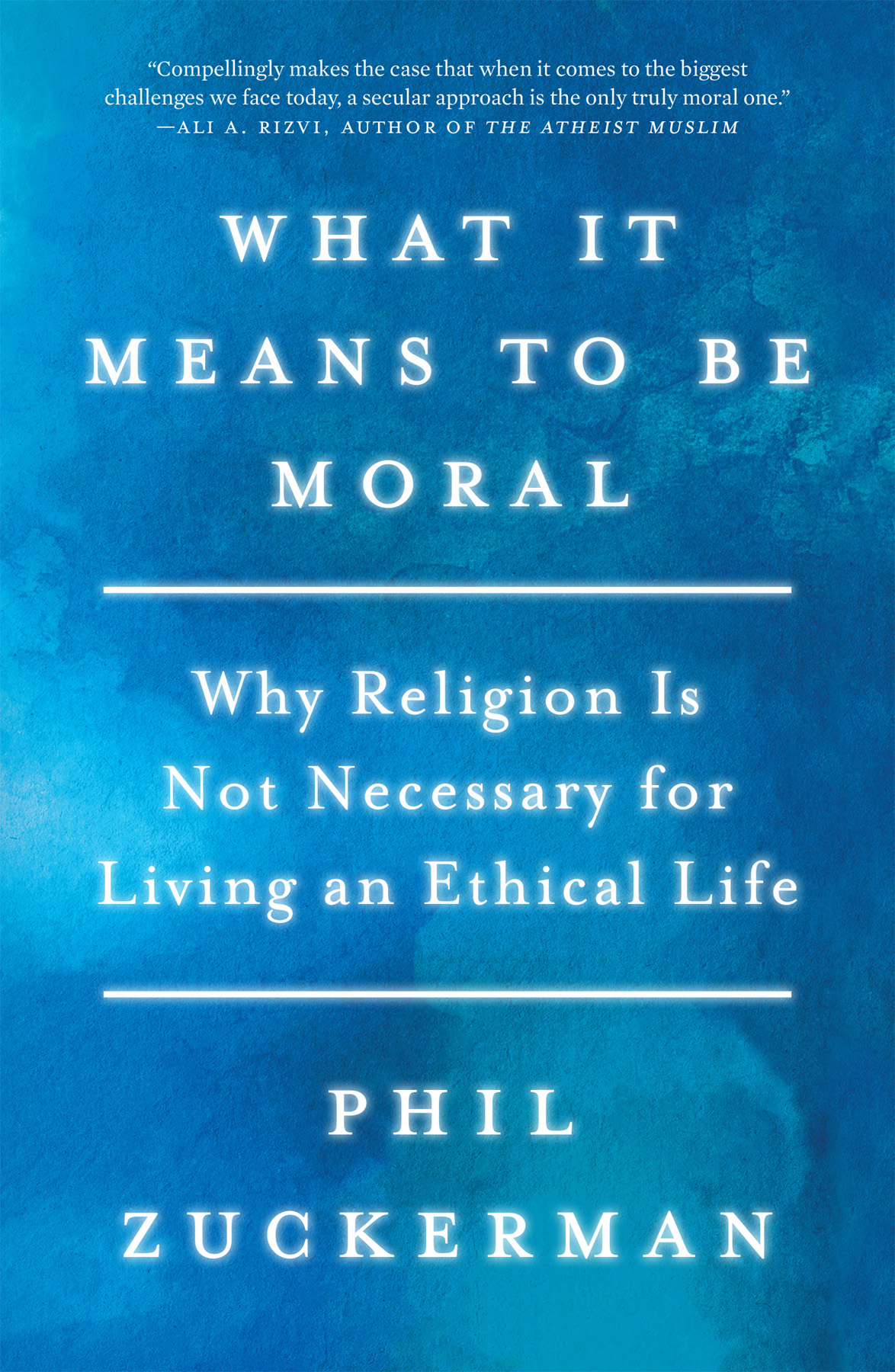Table of Contents
Guide

Thank you to:
Miriam Altshuler, Dan Smetanka, Stacy Elliott, Flora Elliott Zuckerman, James Warren, David Vinson, Hemant Mehta, Juhem Navarro-Rivera, Patrick Mason, David Moore, Kyle Thompson, Emily Sophia Levine, John Norvell, Coleen Macnamara, Azim Shariff, Zhuo Job Chen, Fount LeRon Shults, Ryan Cragun, Brian Keeley, Frank Pasquale, Emilio Ferrer-Caja, Abrol Fairweather, and Marvin Zuckerman.
ALSO BY PHIL ZUCKERMAN
Society Without God
Faith No More
Living the Secular Life
The Nonreligious: Understanding Secular People and Society
(with Luke W. Galen and Frank L. Pasquale)
Invitation to the Sociology of Religion
Strife in the Sanctuary
The Oxford Handbook of Secularism (ed.)
The Social Theory of W. E. B. Du Bois (ed.)
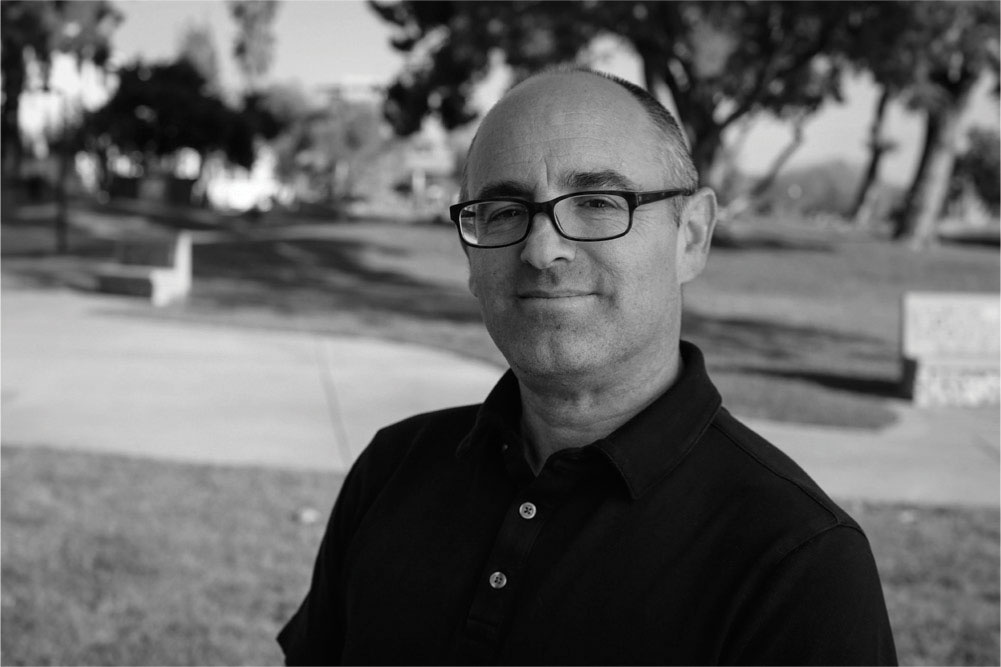
Scott Phillips
PHIL ZUCKERMAN is the author of several books, including The Nonreligious, Living the Secular Life, and Society Without God. He is a professor of sociology at Pitzer College and the founding chair of the nations first secular studies program. He lives in Claremont, California, with his wife and three children.

Adler, William. 2011. The Man Who Never Died: The Life, Times, and Legacy of Joe Hill, American Labor Icon. London: Bloomsbury.
Aikin, Scott, and Robert Talisse. 2011. Reasonable Atheism: A Moral Case for Respectful Disbelief. Amherst, NY: Prometheus Books.
Alexander, Michelle. 2012. The New Jim Crow: Mass Incarceration in the Age of Colorblindness. New York: The New Press.
Alexander, R. D. 1987. The Biology of Moral Systems. New York: Aldine de Gruyter.
Altemeyer, Bob. 2004. Highly Dominating, Highly Authoritarian Personalities. Journal of Social Psychology 144(4): 421447.
Altemeyer, Bob. 2009. Why Do Religious Fundamentalists Tend to Be Prejudiced? The International Journal for the Psychology of Religion 13(1): 1728.
Altemeyer, Bob, and Bruce Hunsberger. 1997. Amazing Conversions: Why Some Turn to Faith and Others Abandon Religion. Amherst, NY: Prometheus Books.
Aman, Virginia Barnes, and Janice Boddy. 1994. Aman: The Story of a Somali Girl. New York: Vintage Books.
Anderson, Elizabeth. 2007. If God Is Dead, Is Everything Permitted? in Philosophers Without Gods, edited by Louise Antony. New York: Oxford University Press.
Anderson, N., and K. Kiehl. 2012. The Psychopath Magnetized: Insights from Brain Imaging. Trends in Cognitive Science 16(1): 5260.
Appiah, Kwame Anthony. 2006. Cosmopolitanism: Ethics in a World of Strangers. New York: W. W. Norton.
Archer, David. 2011. Global Warming: Understanding the Forecast. Hoboken, NJ: Wiley.
Atkinson, Linda. 1985. In Kindling Flame: The Story of Hannah Senesh, 19211944. New York: Lothrop, Lee, and Shepard Books.
Ayala, Francisco. 2009. What the Biological Sciences Can and Cannot Contribute to Ethics. In Contemporary Debates in Philosophy of Biology, Francisco Ayala and Robert Arp, eds. Oxford: Wiley-Blackwell.
Ayala, Francisco, and Robert Arp, eds. 2009. Contemporary Debates in Philosophy of Biology. Oxford: Wiley-Blackwell.
Bachner, Yaacov, Norm ORourke, and Sara Carmel. 2011. Fear of Death, Mortality Communication, and Psychological Distress Among Secular and Religiously Observant Family Caregivers of Terminal Cancer Patients. Death Studies 35(2): 163187.
Baggini, Julian. 2003. Atheism: A Very Short Introduction. New York: Oxford University press.
Baker, Joseph, and Alexis Booth. 2016. Hell to Pay: Religion and Punitive Ideology Among the American Public. Punishment and Society 18(2): 151176.
Baker, Joseph, and Buster Smith. 2015. American Secularism. New York: New York University Press.
Balakian, Peter. 1997. Black Dog of Fate: A Memoir. New York: Basic Books.
Ball, Philip. 2001. The Self-Made Tapestry: Pattern Formation in Nature. New York: Oxford University Press.
Barber, Nigel. 2004. Kindness in a Cruel World. Amherst, NY: Prometheus Books.
Barbier, Patrick. 1998. The World of Castrati. London: Souvenir Press.
Barker, Dan. 2016. God: The Most Unpleasant Character in All Fiction. New York: Sterling.
Baron-Cohen, Simon. 2011. The Science of Evil. New York: Basic Books.
Bartov, O., and P. Mack, eds. 2001. In Gods Name: Genocide and Religion in the Twentieth Century. Oxford and New York: Berghahn Books.
Beachler, Donald. 2007. The Politics of Genocide Scholarship: The Case of Bangladesh. Patterns of Prejudice 41(5): 467492.
Beit-Hallahmi, Benjamin. 2007. Atheists: A Psychological Profile. In The Cambridge Companion to Atheism, edited by Michael Martin. New York: Cambridge University Press.
Beit-Hallahmi, Benjamin. 2010. Morality and Immorality Among the Irreligious. Atheism and Secularity, vol. 1, edited by Phil Zuckerman. Santa Barbara, CA: Praeger-ABC-CLIO.
Bennion, Janet. 1998. Women of Principle: Female Networking in Contemporary Mormon Polygyny. New York: Oxford University Press.
Berger, Peter. 1963. Invitation to Sociology. New York: Anchor Books.
Berreby, David. 2005. Us and Them: Understanding Your Tribal Mind. New York: Little Brown and Co.
Bibby, Reginald. 2017. Resilient Gods. Vancouver, BC: UBC Press.
Bilton, Michael, and Kevin Sim. 1992. Four Hours in My Lai. New York: Penguin.
Blackford, Russell. 2016. The Mystery of Moral Authority. New York: Palgrave Macmillan.
Blair, J., D. Mitchell, and K. Blair. 2005. The Psychopath: Emotion and the Brain. Malden, MA: Blackwell.
Blass, Thomas. 1991. Understanding Behavior in the Milgram Obedience Experiment: The Role of Personality, Situations, and Their Interactions. Journal of Personality and Social Psychology 60: 398413.
Blass, Thomas. 1993. Psychological Perspectives on the Perpetrators of the Holocaust: The Role of Situational Pressures, Personal Dispositions, and Their Interactions. Holocaust and Genocide Studies 7: 3050.
Bloch, Maurice. 1986. From Blessing to Violence: History and Ideology in the Circumcision Ritual of the Merina. New York: Cambridge University Press.
Bloom, Paul. 2013. Just Babies: The Origins of Good and Evil. New York: Broadway Books.
Bloom, Paul. 2016. Against Empathy: The Case for Rational Compassion. New York: Ecco/HarperCollins.
Blum, Edward. 2007. W. E. B. Du Bois: American Prophet. Philadelphia: University of Pennsylvania Press.
Boehm, Christopher. 2012. Moral Origins: The Evolution of Virtue, Altruism, and Shame. New York: Basic Books.
Boghossian, Peter. 2013. A Manual for Creating Atheists. Durham, NC: Pitchstone Publishing.
Bolton, Brian. 2019. Have Christians Accepted the Scientific Conclusion That God Does Not Answer Intercessory Prayer? Free Inquiry Dec. 2018/Jan. 2019, 39(1): 2024.
Bonger, W. A. 1943. Race and Crime. New York, NY: Columbia University Press.
Next page

